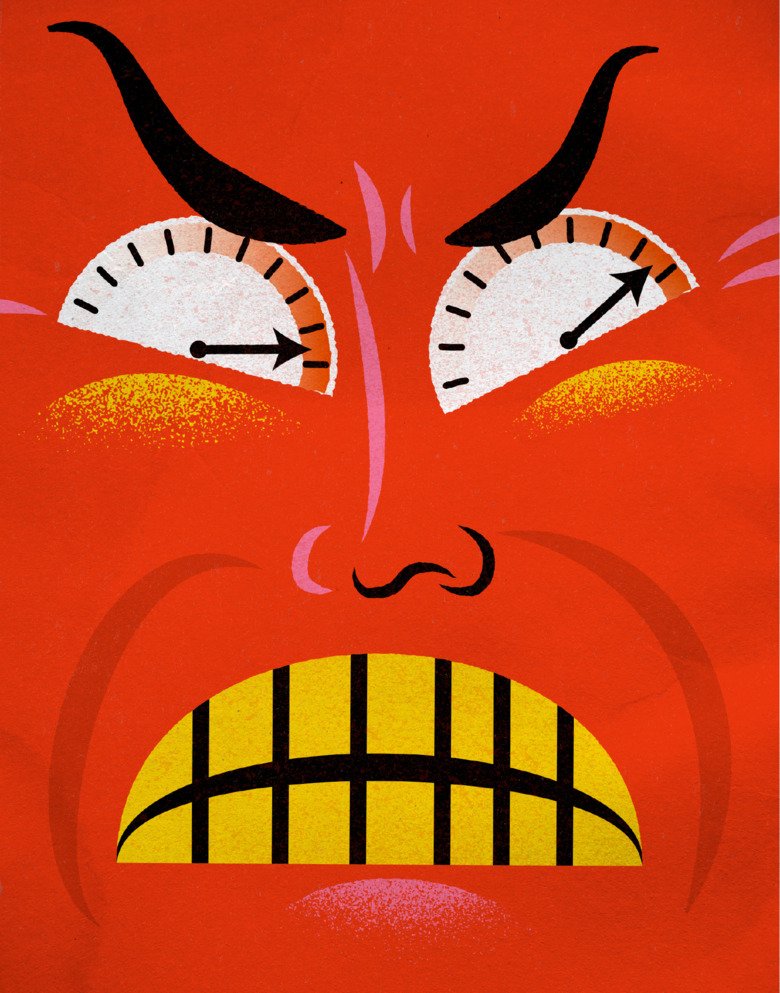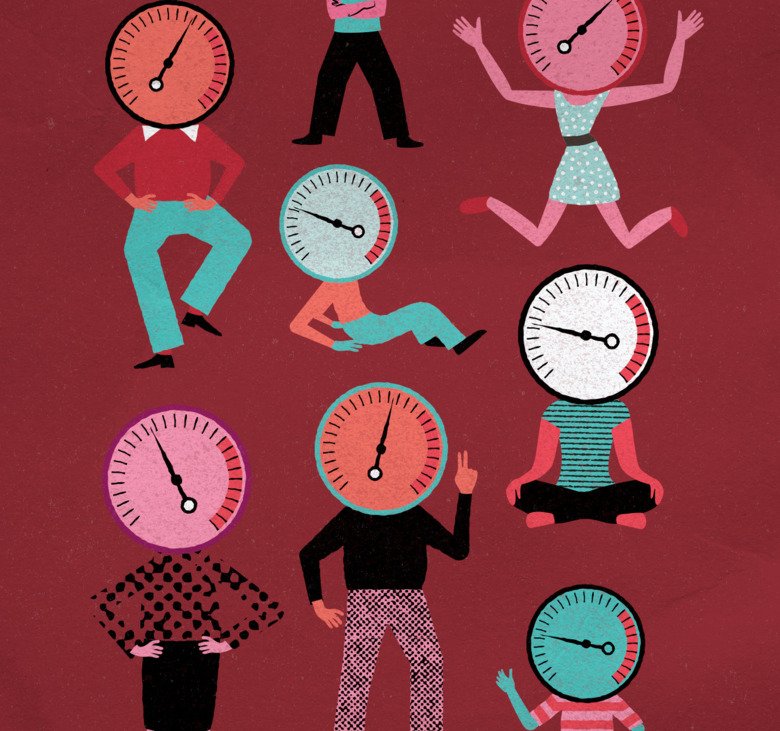Blood pressure – true or false?
Is it really true that licorice raises blood pressure and that blood pressure medication increases the risk of becoming seriously ill in covid-19? The researchers arrange the concepts.

Text: Annika Lund, first published in Swedish in the magazine Medicinsk Vetenskap no 1/2021.
Can anger cause high blood pressure?
Yes. Anger causes an immediate increase in blood pressure, an evolutionarily developed preparedness to fight. If a person remains very angry over a long period of time, this is likely to have a long-term blood pressure-raising effect.
Does stress cause high blood pressure?
Yes. Stress causes an immediate increase in blood pressure, an activation of systems that allow us to act quickly. Prolonged activation of these systems is likely to have a long-lasting effect on blood pressure.
Does liquorice raise blood pressure?
Yes. Liquorice contains the substance glycyrrhizin. The body converts this into glycyrrhetinic acid, which affects blood pressure regulating systems.
Can breathing exercises lower blood pressure?
Maybe. Breathing exercises can lower blood pressure while they are being done, but larger studies on their long-term effects are lacking.
Can calm music lower blood pressure?
Maybe. A few studies have indicated that some music can cause a drop in blood pressure, but they have been small studies of poor quality.
Is it better to take blood pressure medications at night?
Maybe. A high-profile study from 2019 resulted in this finding, but the study has received criticism. For those taking two or more medications, it may be wise to take some in the evening and some in the morning, in order to achieve a steady reduction over the course of the day.
Does blood pressure medication increase the risk of getting severe COVID-19?
No. There has been concern about this because the receptor used by the virus to enter cells is stimulated by certain blood pressure medications, ACE inhibitors and ARBs. Several studies have disproven this suspicion. However, high blood pressure itself is a risk factor for severe COVID-19.
Sources: Joakim Olbers, Jonas Spaak, Karin Leander, Mattias Carlström, Per Svensson.
 Photo: Jens Magnusson
Photo: Jens MagnussonAre you keeping track of your blood pressure?
The main risk factor for developing high blood pressure is age. Even in middle age, your vessels may have difficulty keeping up. But a lot of people who have high blood pressure don’t even know it.
 Photo: Getty Images
Photo: Getty ImagesWhen you blow a fuse
Why do some people get angrier than others in the same situation? And why do some people go far beyond the social boundaries, causing harm to others and to themselves? There are no simple answers – but we have talked to some of the people who know the most about aggression.
